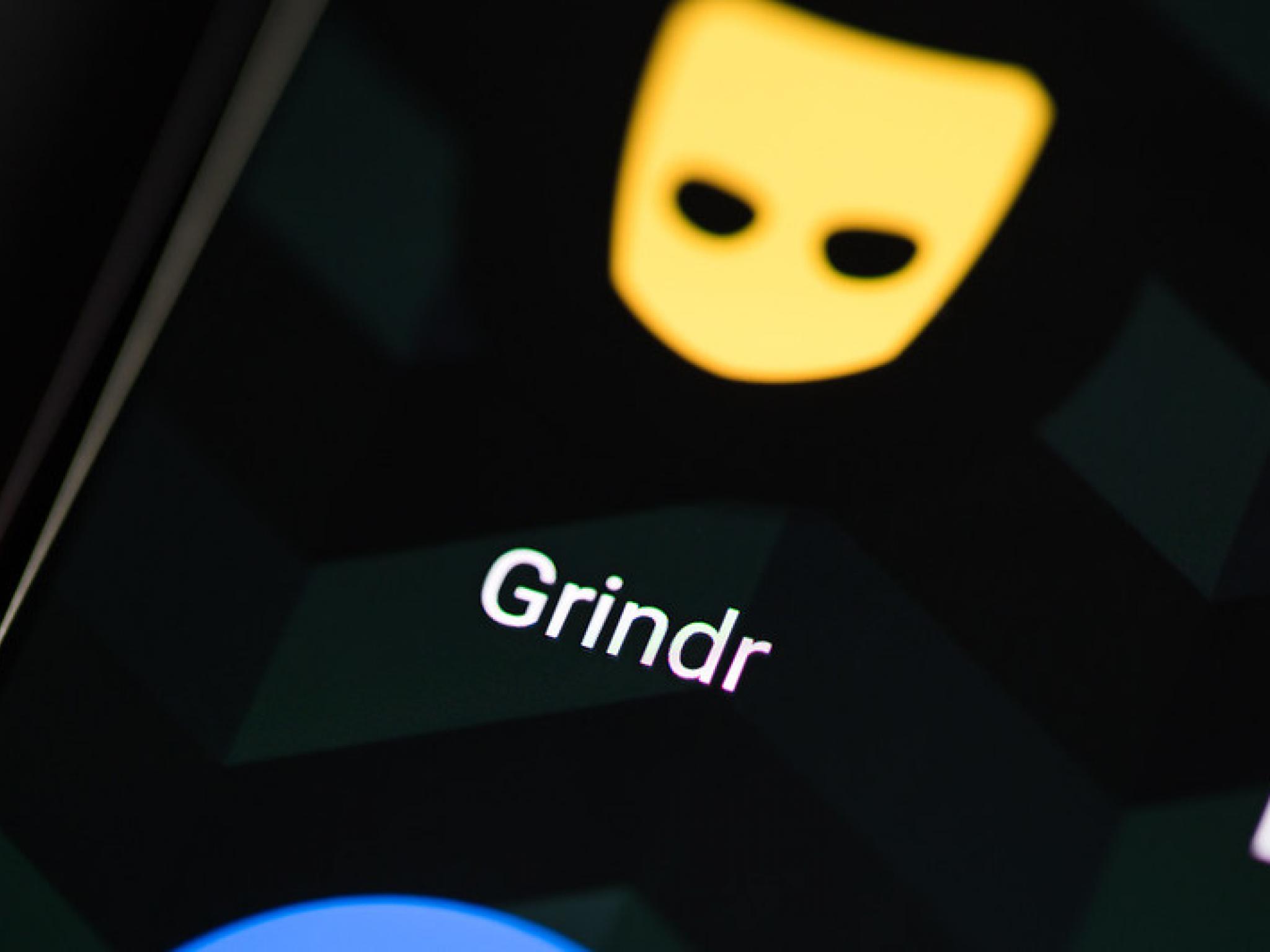
Location data related to users of the gay-dating app Grindr has been commercially available without the knowledge of users, according to a new report from the Wall Street Journal.
What Happen: The report, which was sourced from unnamed “people familiar with the matter,” said the information was available for purchase to advertising networks since at least 2017 but has not been available for the last two years. While the data in question did not include personal information including names and phone numbers, it did offer clues regarding their locations and activities based on patterns, habits and routines.
The data was initially sold to ad networks for micro-target marketing campaigns involving venues and products within the proximity of the Grindr users, provided users granted permission for the app to locate them geographically – which most did, as the app enables meetings between people who are near each other.
The Grindr data was purchased by the mobile advertising company UM, which accessed it from the advertising network MoPub and then sold it to its clients; Twitter Inc. (NYSE:TWTR) owned MoPub while this occurred, but sold the company last year for $1 billion.
See Also Benzinga Live: Lessons From Warren Buffett
What Also Happened: However, the Journal's report noted that data tracking in the wrong hands could lead to threats of illegal surveillance, blackmail and personal attacks. In 2019, the U.S. government forced the Chinese company Kunlun to divest its holdings from Grindr, citing a national security threat.
Last year, the Catholic news site The Pillar obtained commercially available Grindr data that was used to identify a priest as a Grindr user - the priest was removed from a senior position he held in the U.S. Conference of Catholic Bishops.
“Since early 2020, Grindr has shared less information with ad partners than any of the big tech platforms and most of our competitors,” said Patrick Lenihan, a spokesman for Grindr. “The activities that have been described would not be possible with Grindr’s current privacy practices, which we’ve had in place for two years.”
Photo: Ivan Radic / Flickr Creative Commons







